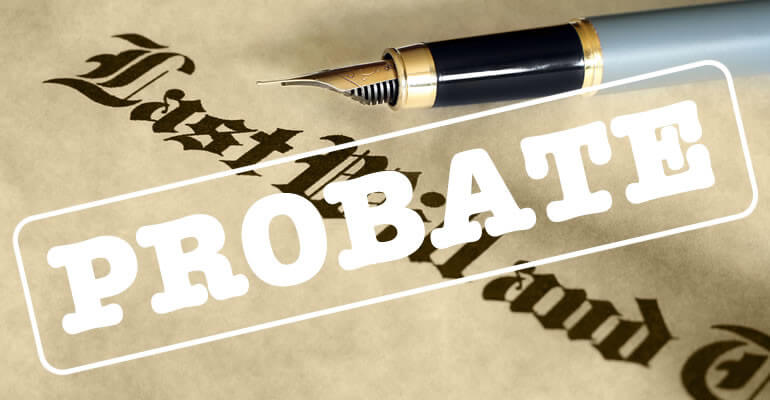Understanding the Texas Probate Process: A Step-by-Step Guide
The Texas probate process can be complex, but understanding its steps is crucial for anyone dealing with the estate of a deceased loved one. The process typically begins with filing the will in the appropriate court, followed by validating the will and appointing an executor to manage the estate.
In Texas, the probate process involves several key stages, including inventorying the estate's assets, settling debts, and distributing the remaining assets to beneficiaries. Each step requires careful attention to legal requirements, making it essential to seek guidance from an experienced probate attorney to navigate the intricacies involved.
Common Myths About Probate in Texas: Debunking Misconceptions
Many misconceptions surround the probate process in Texas, leading to unnecessary fears and confusion. One common myth is that all estates must go through probate, which is not true; certain small estates may qualify for simplified procedures.
Additionally, some believe that probate is always a lengthy and costly process. While it can be time-consuming, proper planning and legal assistance can significantly streamline the process, allowing for efficient resolution and asset distribution.
Probate Alternatives in Texas: Exploring Non-Probate Options
For those looking to avoid the probate process altogether, several alternatives exist in Texas. Tools such as living trusts, joint tenancy, and payable-on-death accounts can facilitate the transfer of assets without the need for probate court intervention.
These alternatives not only save time and money but also provide privacy, as probate proceedings are public records. Consulting with a knowledgeable attorney can help individuals determine the best strategy for their estate planning needs.
The Role of Executors in Texas Probate: Responsibilities and Duties
Executors play a vital role in the Texas probate process, tasked with managing the deceased's estate according to the will's directives. Their responsibilities include gathering assets, paying debts, and ensuring that the estate is distributed according to the will.
In Texas, executors must also navigate legal requirements, including filing necessary documents with the court and providing accounting to beneficiaries. Understanding these duties is essential for executors to fulfill their roles effectively and avoid potential legal issues.











